Pilot implementation of commercial housing projects through agreements on receiving land use rights
National Assembly Chairman Tran Thanh Man signed and issued Resolution No. 171/2024/QH15 of the National Assembly on piloting the implementation of commercial housing projects through agreements on receiving land use rights or having land use rights.
The Resolution clearly states that the implementation of the pilot project must meet the following conditions: The scope of the land area and land plot for project implementation must be consistent with the district-level land use planning or construction planning, urban planning; consistent with the approved local housing development program and plan;
The scope of the land area and land plot for project implementation is included in the list of land areas planned to implement the pilot project approved by the Provincial People's Council according to regulations; there is a written approval from the Provincial People's Committee on the agreement to receive land use rights to implement the pilot project for the cases specified in Point a and Point c above; the real estate business organization must satisfy the conditions prescribed by the law on land, housing, real estate business, investment and other relevant legal provisions.
The Resolution also clearly states: In the case of using the planned area of national defense land and security land to carry out pilot projects, the above conditions must be met and there must be written approval from the Ministry of National Defense for national defense land and the Ministry of Public Security for security land.
This Resolution takes effect from April 1, 2025.
Principles and norms for allocating public investment capital from the state budget for the period 2026-2030
National Assembly Chairman Tran Thanh Man signed and issued Resolution No. 70/2025/UBTVQH15 of the National Assembly Standing Committee stipulating principles, criteria and norms for allocating public investment capital from the state budget for the 2026-2030 period.
The allocation of public investment capital from the State budget must serve the implementation of the country's development goals and orientations in the 10-year Socio-Economic Development Strategy 2021-2030, resolutions and conclusions of the Party Central Committee, the Politburo, the 5-year Socio-Economic Development Plan 2026-2030 of the country, sectors, fields, localities, the 5-year national financial plan, the 5-year public debt borrowing and repayment plan for the period 2026-2030, and plans decided or approved by competent authorities, ensuring the goal of rapid, sustainable and harmonious development between the economy and society.
Allocate capital in a concentrated manner, not dispersed or spread out; ensure effective use of capital. Improve the quality of investment preparation. Only allocate capital for programs, tasks, and projects that meet the conditions prescribed by the Law on Public Investment and relevant legal documents. The time for allocating capital to implement the project must comply with the provisions of Article 57 of the Law on Public Investment 2024.
Focus on prioritizing capital allocation to implement, accelerate progress, complete early, and promote the effectiveness of projects under national target programs, important national projects, expressway projects, high-speed railway projects, urban railway projects, connectivity projects, projects with inter-regional impacts, projects that are meaningful in promoting rapid and sustainable socio-economic development...
The priority order for allocating public investment capital from the State budget for the 2026-2030 period is as follows: Urgent public investment projects. National target programs, important national projects. Refund of advanced capital. Projects that have been completed and handed over for use but have not yet been allocated enough capital. Programs and projects using ODA capital, foreign preferential loans, including counterpart funds. State investment participating in the implementation of PPP projects...
This Resolution takes effect from April 1, 2025.
New regulations on service fees for maintaining the digital signature certificate status checking system
The Ministry of Finance has just issued Circular No. 13/2025/TT-BTC regulating the collection rates, collection, payment, management and use of service fees for maintaining the system to check the status of digital signature certificates.
Digital signature fee changes from April 10, 2025.
According to the Circular, the service fee for maintaining the digital signature certificate status checking system is specified as follows:
For public digital signature certification service: VND 3,000/month/1 public digital signature certificate issued by the organization providing public digital signature certification service to subscribers who are organizations or enterprises.
The fee is calculated from the month the public digital signature certificate issued to the subscriber is valid until the month preceding the month the public digital signature certificate expires or until the month the public digital signature certificate is suspended or revoked. In case the public digital signature certificate is valid and expires or is suspended or revoked in the same month, the fee is calculated for one month.
For timestamp issuance service and data message authentication service: VND 4,200,000/month/01 digital signature certificate for timestamp issuance service and data message authentication service issued by the national electronic authentication service provider to the trusted service provider.
The fee calculation period is rounded from the month the digital signature certificate for timestamp issuance service and data message authentication service is issued by the national electronic authentication service provider to the trusted service provider to the month preceding the month in which this digital signature certificate expires or to the month in which this digital signature certificate is suspended or revoked.
The Circular takes effect from April 10, 2025.
Guidelines for using funds to support private enterprises in sustainable business
The Ministry of Finance has issued Circular No. 09/2025/TT-BTC guiding the mechanism for management and use of State budget funds to implement the "Program to support private sector enterprises in sustainable business for the period 2022-2025" issued together with Decision No. 167/QD-TTg dated February 8, 2022 of the Prime Minister.
The Circular clearly stipulates the content and level of expenditure for developing a sustainable business support ecosystem. Accordingly, the content of expenditure includes: Developing documents on sustainable business; Organizing conferences, seminars, and discussions in direct or online forms, or a combination of both direct and online;
Organize training courses to improve awareness and qualifications of cadres, civil servants and public employees working in support and management of sustainable business; Build a network of consulting experts to support small and medium-sized enterprises in sustainable business.
According to the Circular, the state budget supports small and medium-sized enterprises to conduct sustainable business according to the contents specified in Program 167 and the corresponding support contents specified in Decree No. 80/2021/ND-CP. Agencies and organizations supporting small and medium-sized enterprises shall determine specific support contents and supported subjects in accordance with the provisions of Decree No. 80/2021/ND-CP when providing support for small and medium-sized enterprises to conduct sustainable business.
Expenditure content, cost determination, state budget support and support mechanism for small and medium-sized enterprises to do sustainable business according to the provisions of Circular No. 52/2023/TT-BTC. The level of state budget support for each content is according to the highest support level prescribed in Decree No. 80/2021/ND-CP.
This Circular takes effect from April 20, 2025.
(According to TPO)
Source: https://baoyenbai.com.vn/12/348069/Quy-dinh-moi-ve-nha-o-thuong-mai-chu-ky-so.aspx






![[Photo] "Beauties" participate in the parade rehearsal at Bien Hoa airport](https://vstatic.vietnam.vn/vietnam/resource/IMAGE/2025/4/11/155502af3384431e918de0e2e585d13a)
![[Photo] Looking back at the impressive moments of the Vietnamese rescue team in Myanmar](https://vstatic.vietnam.vn/vietnam/resource/IMAGE/2025/4/11/5623ca902a934e19b604c718265249d0)
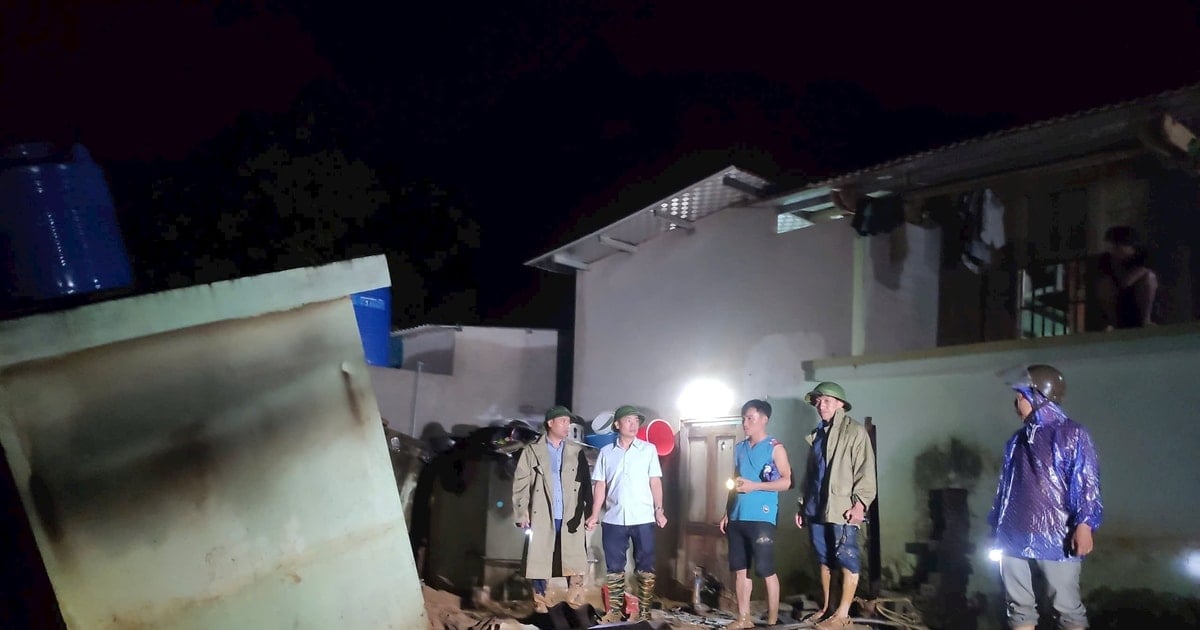
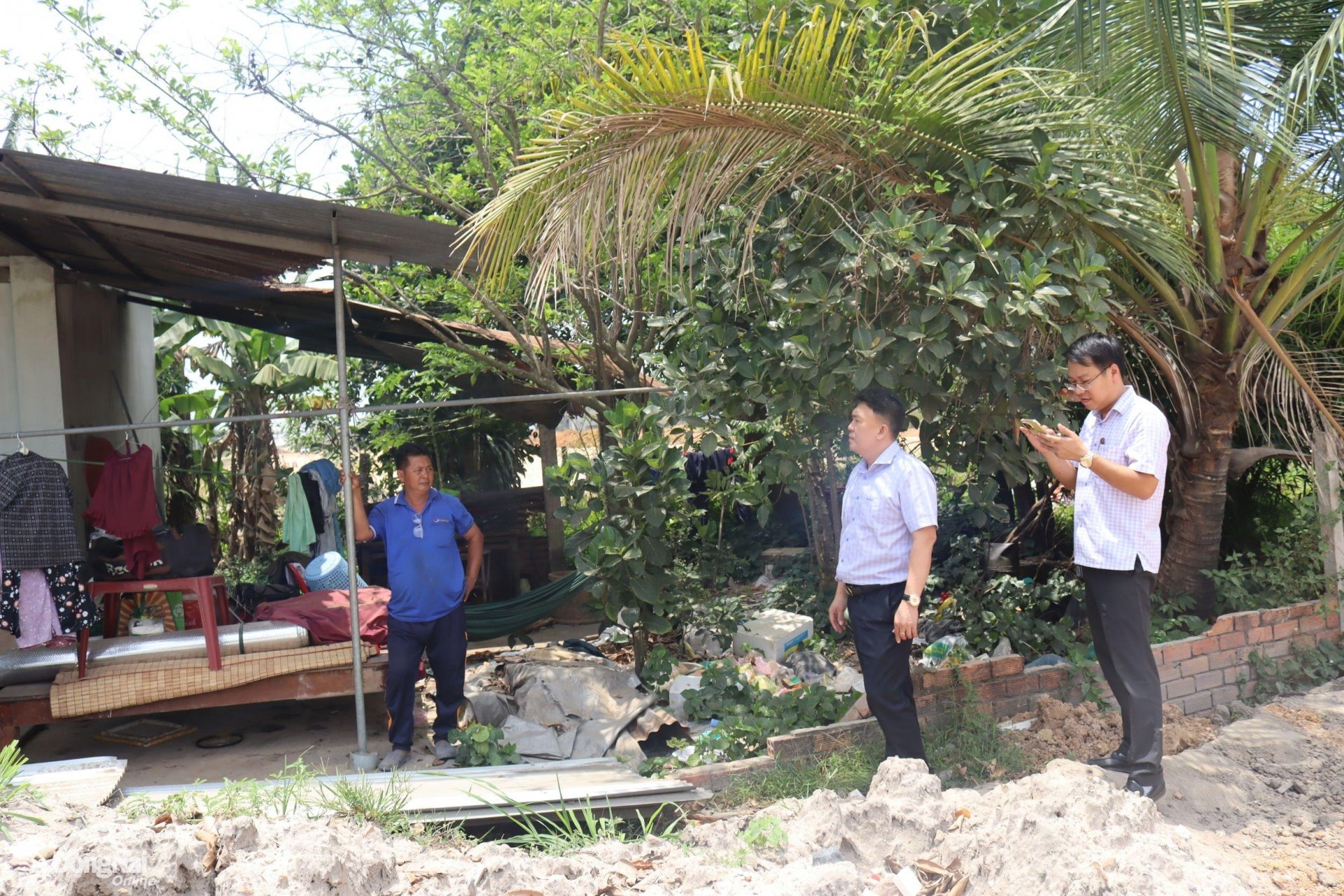


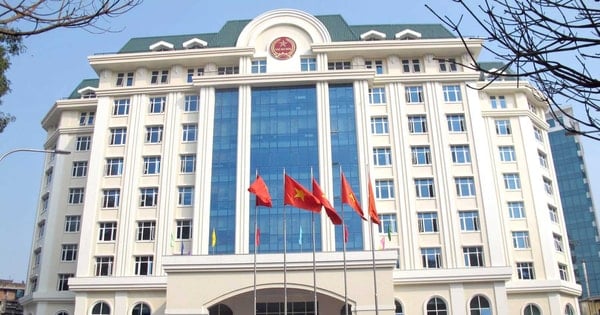
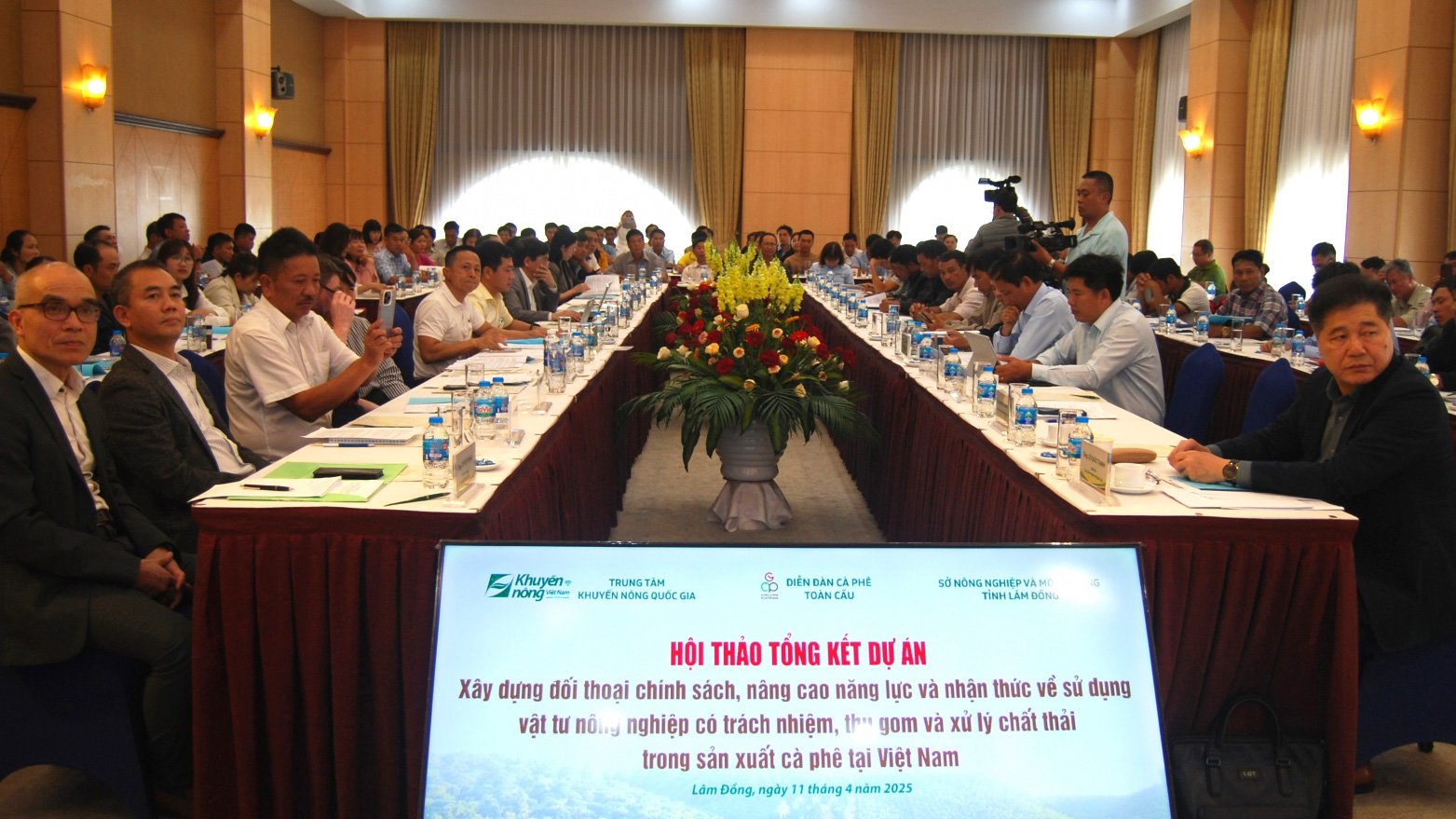



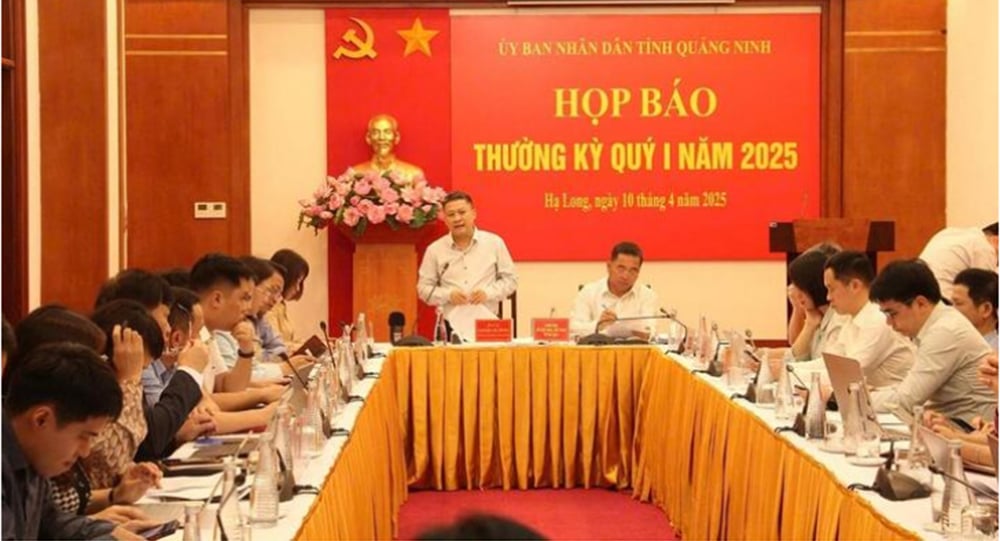





![[Photo] Summary of parade practice in preparation for the April 30th celebration](https://vstatic.vietnam.vn/vietnam/resource/IMAGE/2025/4/11/78cfee0f2cc045b387ff1a4362b5950f)










































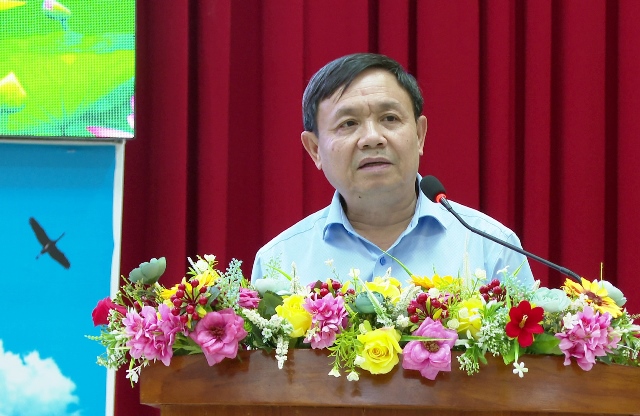


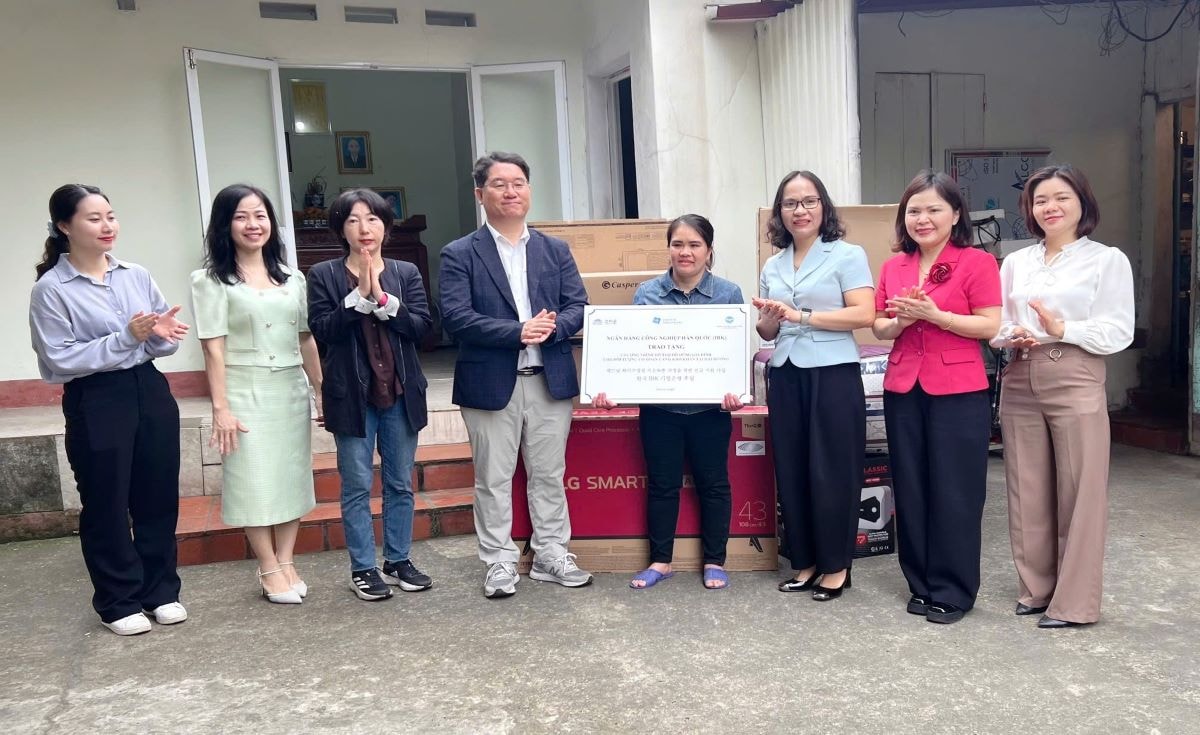



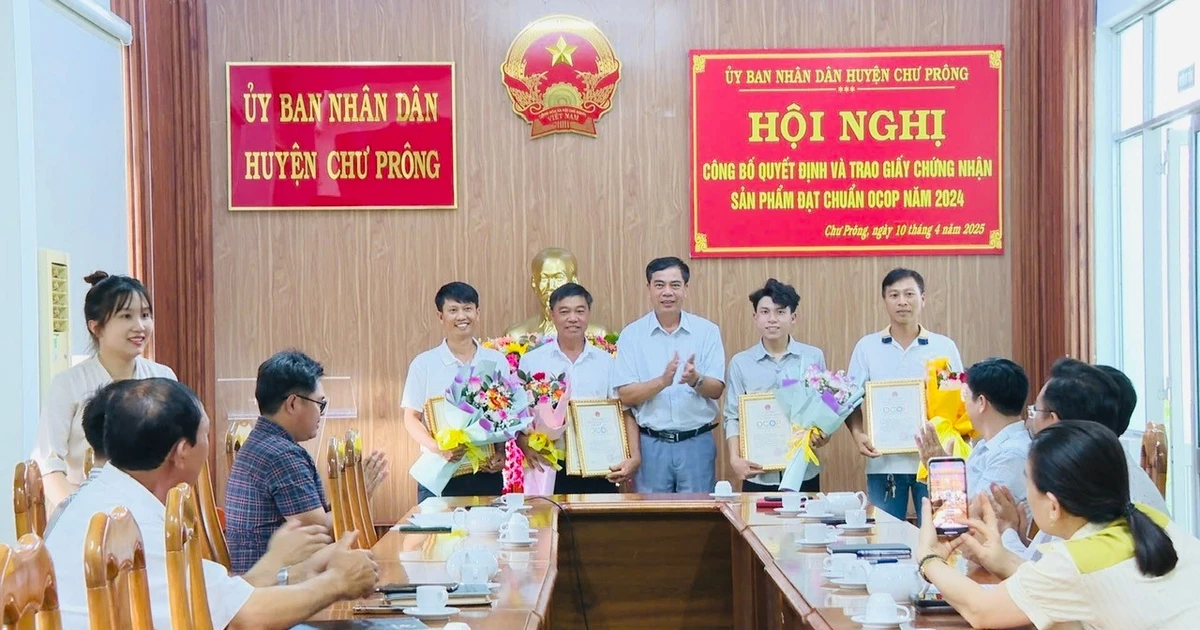












Comment (0)